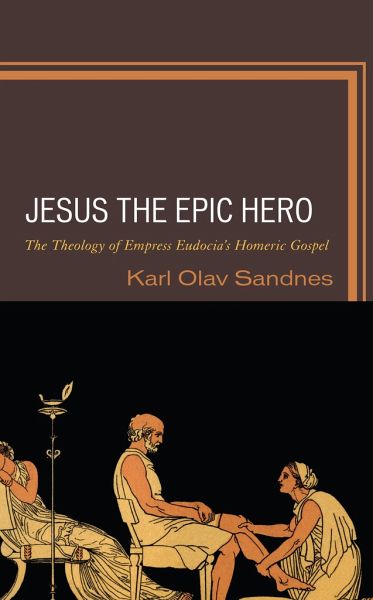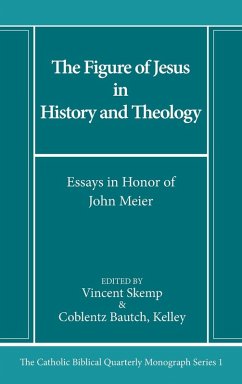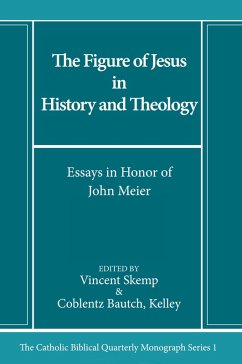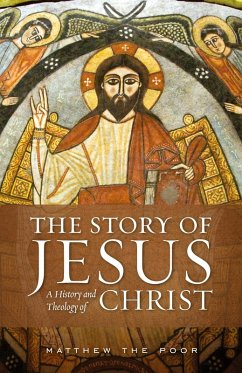
Jesus the Epic Hero
The Theology of Empress Eudocia's Homeric Gospel
Versandkostenfrei!
Versandfertig in 1-2 Wochen
92,99 €
inkl. MwSt.
Weitere Ausgaben:

PAYBACK Punkte
46 °P sammeln!
What happens to Jesus when his story and ministry are told in narratives and lines lifted from Homer's epics? Empress Eudocia told the Jesus Story in this way, and provided through this a genuinely interesting, prolific, and special piece of theological work.













